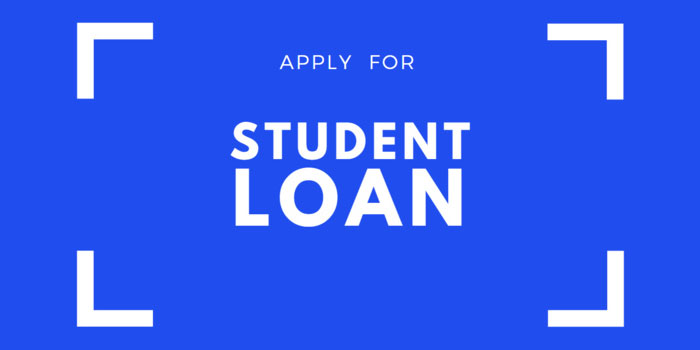Introduction
Mortgages that aren't backed or insured by the government are called "conventional loans." Although most private loans comply with government standards, they are not provided or guaranteed by any governmental agency. The term "conforming loans" describes those that comply with established federal guidelines. Private mortgage insurance means paying a premium on top of your regular mortgage payment. This safeguards the lender if you cannot keep up with your mortgage payments.
Minimum Down Payment for Conventional Loans
Though conventional wisdom suggests a least 20% down payment, this is no longer required. The down payment required of you can be as low as 3% or as high as you'd like it to be. With a 20% down payment, you can avoid paying private mortgage insurance and enjoy cheaper monthly payments than borrowers who want to pay PMI. For a borrower with a decent credit score and a 30-year fixed mortgage, the following is a breakdown of the cost differences between residences costing $250,000, $500,000, and $900,000, as calculated by our mortgage calculator. Payment protection insurance adds $309 to the monthly payment on a $250,000 home.
In addition to the PMI premium, this sum also covers the additional interest cost. If you wait to have PMI removed from your loan until the 15th year of a 30-year loan, it will cost you an additional $3,708 per year, or $55,620 in total. Conventional loans that don't have a 20% down payment require private mortgage insurance (PMI), although a 20% down payment isn't necessary. However, remember that if you go this route, you'll have to pay for PMI on top of whatever else you're already spending.

Other Conventional Loan Requirements
Mortgage giants Fannie Mae and Freddie Mac establish underwriting standards that conforming conventional loans must meet. These government-backed corporations are crucial to the functioning of the mortgage industry. In the first half of 2020, the GSEs bought 62% of all new loans, dictating the market's direction. Ninety-seven percent of all loans originated in the first half of 2020 were conforming, largely thanks to the GSEs.
Your credit score
To qualify for a conventional loan, borrowers must have a credit score that varies from lender to lender and loan to loan. You will pay a reduced interest rate if you have a high credit score. Saving money on interest payments over your mortgage's term is facilitated by securing the lowest interest rate possible. A credit score of 620 or higher is required for a conventional loan.
Your DTI
Lenders will also consider your debt-to-income ratio (DTI). Monthly debt service payments as a percentage of monthly gross income. Your DTI shouldn't be more than 43%, but the lower it is, the more probable it is that you will be accepted for the full loan amount you want. Lenders will feel more confident in your ability to meet your mortgage obligations if your DTI is low.
The full loan amount
The maximum loan amount for a conventional conforming loan is a set amount. In 2021, the median house price was $548,250 across the country and $822,375 in counties with high living costs. By 2022, it will be $647,200, or $970,800, in high-cost-of-living locations. If you believe that the cost of your property exceeds these thresholds, you may want to look into alternative financing options.
Conventional Loans And Recent Bankruptcy
A conventional loan may be obtained even after bankruptcy. However, there are waiting periods, and proof of credit restoration is needed. The lender is responsible for analyzing the negative information to determine its origin and impact, checking that enough time has passed since the last negative information was reported, and confirming that the borrower has re-established an acceptable credit history.
What If You Don't Qualify For A Conventional Loan?
After carefully considering the criteria above, you may conclude that a traditional loan is out of reach for you. That shouldn't crush your hopes of becoming a homeowner. It is time to look into alternate sources of credit instead. Consider applying for a VA loan if you are a veteran. The Federal Housing Administration (FHA) offers mortgages to people who don't have a large down payment saved up.

Conclusion
Those with a credit score of 680 or above are ideal for conventional loans. A conventional mortgage loan might have the best interest rate if your credit is excellent. Those with poorer credit scores still have a chance of being approved but will likely have to pay higher interest rates. Homebuyers with weaker credit ratings may do better with a government-backed mortgage. There may be more affordable alternative financing options. Lenders are required to pay Loan Level Price Adjustments (LLPA) by Fannie Mae and Freddie Mac, and those fees are passed on to the customer. The lower your credit score, the more this fee will be.




